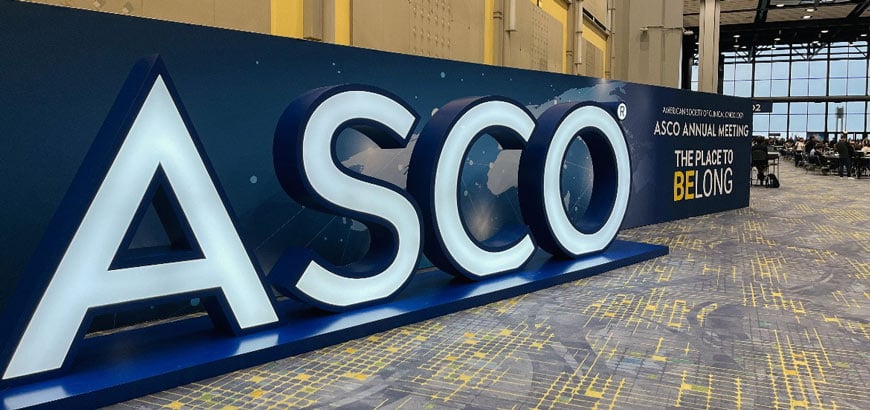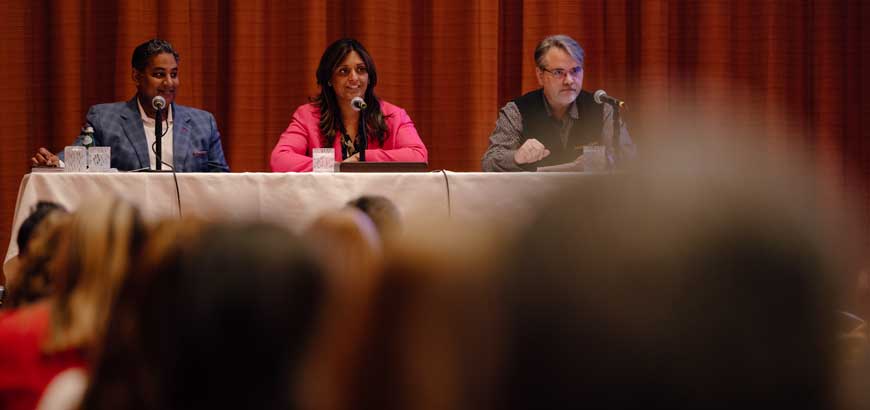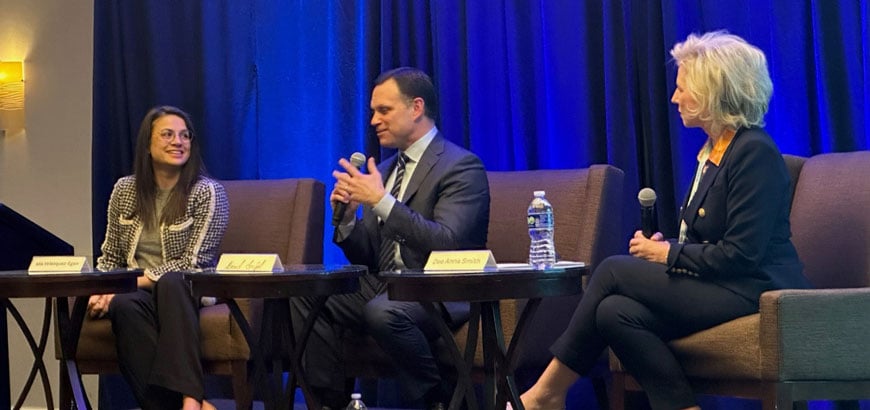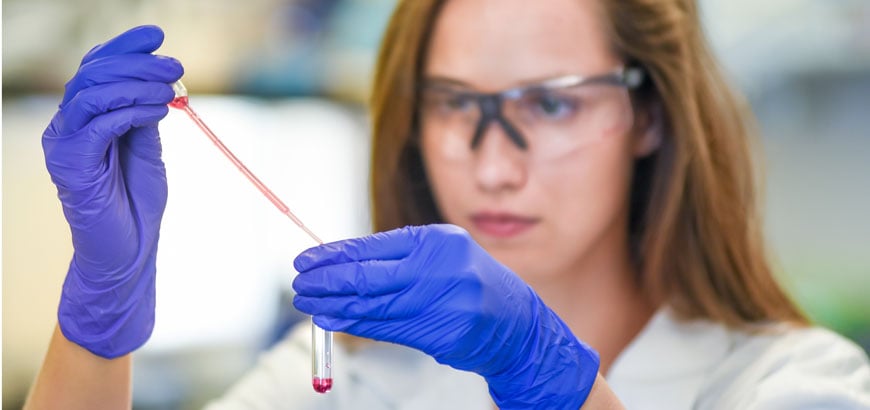
About
Guided by our values, we are an impact-driven organization that improves care in every setting – one product, one partner, one patient at a time.

Guided by our values, we are an impact-driven organization that improves care in every setting – one product, one partner, one patient at a time.
Through our core commitments, we are leveraging our scale for the greater good, such as serving the needs of our stakeholders, donating back to our communities, protecting our planet, working with policymakers, and more.
Every year, we publish updates to our commitments through our Impact Report.
Download Our Impact ReportOur businesses bring together leading technologies, innovative solutions and hands-on expertise to support the entire healthcare ecosystem.
We distribute pharmaceuticals and medical supplies to healthcare settings across North America, from pharmacies and hospitals to doctors’ offices and clinics.
We help to ensure the financial wellbeing of pharmacies and health systems and support a stable work environment for their employees.
We provide research, insights, technologies and other support to help address challenges in cancer and specialty care.
We provide a suite of solutions designed to address access, affordability and adherence challenges by bridging the gaps between biopharma companies, pharmacies, providers, and payers to help patients get on and stay on their medications.
We offer solutions that enable employers, payers, health-plan brokers and government agencies to provide lower-cost options for prescription medications and therapies.
We help to ensure the financial wellbeing of pharmacies and health systems and support a stable work environment for their employees.
Every year, we publish updates to our commitments through our Impact Report.
Download Our Impact Report
How one McKesson employee is turning her journey into purpose by helping other employees who are affected by cancer.
Discover the latest in healthcare innovation through our featured stories highlighting our commitment to driving progress and enhancing health outcomes for all.







Visit our Contact Us page to get in touch with Human Resources, Investor Relations, Sales and Support, or a specific location.
Contact UsVisit our Job Search site to find open positions by location or job function.
Learn MoreVisit our Contact Us page to get in touch with Human Resources, Investor Relations, Sales and Support, or a specific location.
Contact UsVisit our Job Search site to find open positions by location or job function.
Learn More